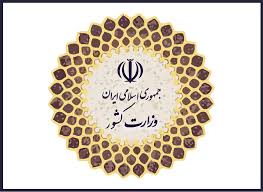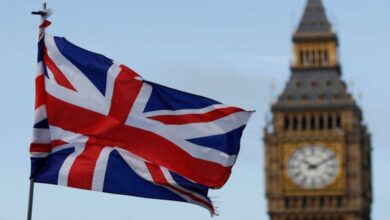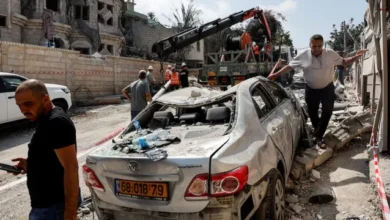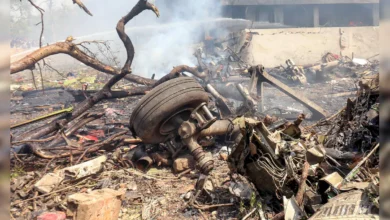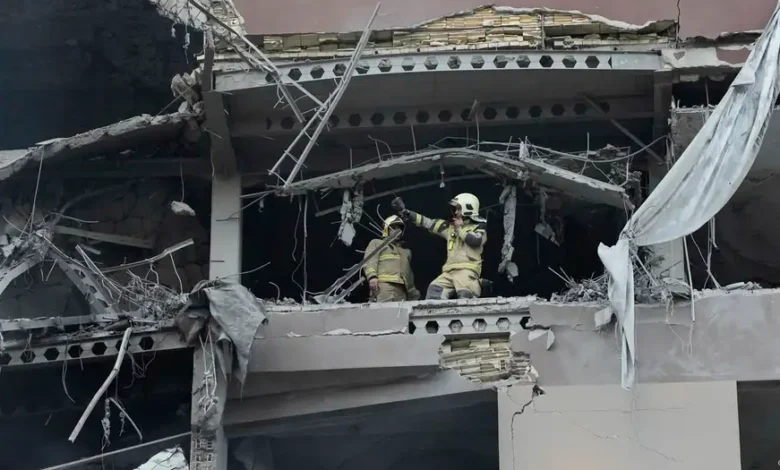
A new wave of Israeli airstrikes has struck multiple sites across Iran, including an airport in Tabriz, facilities in Shiraz, and the Natanz nuclear site. The strikes reportedly triggered fires and resulted in significant casualties, including the deaths of six nuclear scientists and several high-ranking Iranian military commanders, among them the chief of the armed forces. At least 95 others were injured, including a senior adviser to Supreme Leader Ayatollah Ali Khamenei.
The Israeli attacks are believed to have focused on locations linked to Iran’s nuclear program. Iran’s Foreign Minister Abbas Araghchi labeled the assault a “declaration of war” in a formal complaint to the United Nations, urging immediate Security Council intervention, according to DW.COM
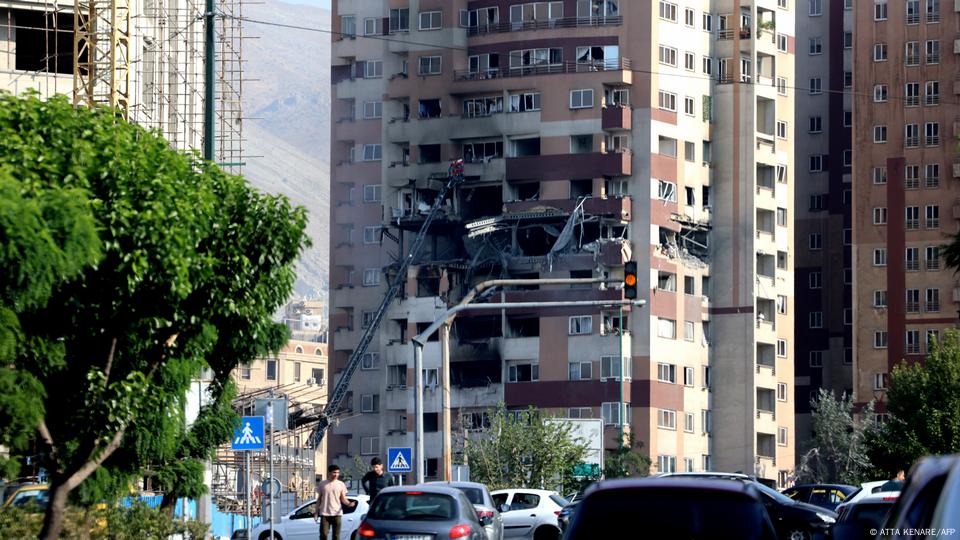
In a provocative post on Truth Social, U.S. President Donald Trump warned Iran of “even more brutal” attacks and urged Tehran to “make a deal” over its nuclear program.
He declared that Israeli strikes would intensify and emphasized that Israel has access to advanced American weaponry and confirmed it had prior knowledge of the strikes, but denied any direct involvement.
Early Friday morning, air raid sirens in Iran woke residents, followed by alerts urging people to remain near shelters and closing schools and non-essential workplaces. Anticipating further instability, citizens rushed to supermarkets to stock up on essentials amid fears of retaliation and a broader conflict.
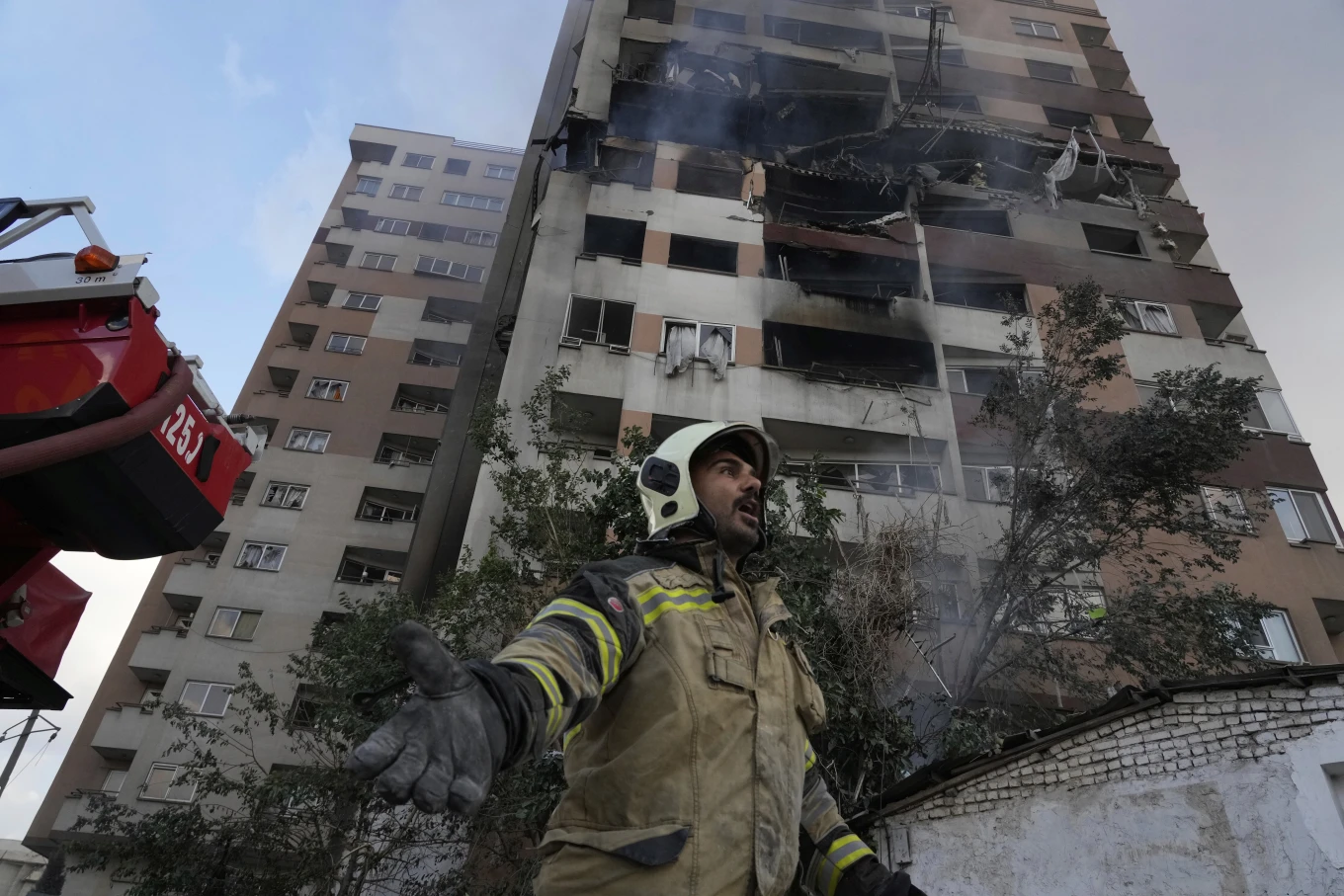
In retaliation, Iran launched approximately 100 drones toward Israel. The Israeli military reported that it had intercepted “many” of them and lifted the public shelter requirement after assessing temporary control of the airspace. Some Israeli media outlets claimed all drones were downed, though the IDF has not officially confirmed this.
International reactions have been swift. Germany’s Foreign Minister Johann Wadephul, on a Middle East tour, described the situation as “more than worrying” and reiterated the threat posed by Iran’s nuclear ambitions. He urged restraint and warned against escalation.
European Union foreign policy chief Kaja Kallas called the situation “dangerous” and expressed readiness to support diplomatic efforts. Russia condemned the escalation and advised its citizens to leave Israel. The Kremlin’s spokesperson warned of destabilization across the region.
Middle East analyst Daniel Gerlach suggested the strikes may serve both military and political purposes — exploiting Iranian vulnerability while rallying wavering Western support for Israel amid backlash over its Gaza campaign.
Gerlach emphasized that Iran’s air defenses have been repeatedly exposed in prior regional confrontations and that Israel likely saw an opportunity to strike decisively. He also argued that Benjamin Netanyahu, Prime Minister of the Israeli entity may view the escalation as a means of consolidating power at home, portraying himself as a national savior in the face of strategic threats.
UN nuclear watchdog chief Rafael Grossi confirmed that the Natanz facility had been impacted but reported no radiation leaks. Grossi reiterated that nuclear sites must never be targeted, warning that military actions endangering such facilities could have dire consequences for Iran and the region.
Iranian expert Theresa Tropper noted that the Israeli strikes hit northern Tehran suburbs, where many senior officials reside. While some Iranians may not mourn the loss of Revolutionary Guard figures, public anger could grow over foreign attacks on residential areas. Tropper added that unlike Israelis, Iranians lack faith in their government’s ability — or willingness — to protect them.
The situation remains fluid and deeply volatile, with global leaders urging de-escalation amid fears of a broader regional war.










